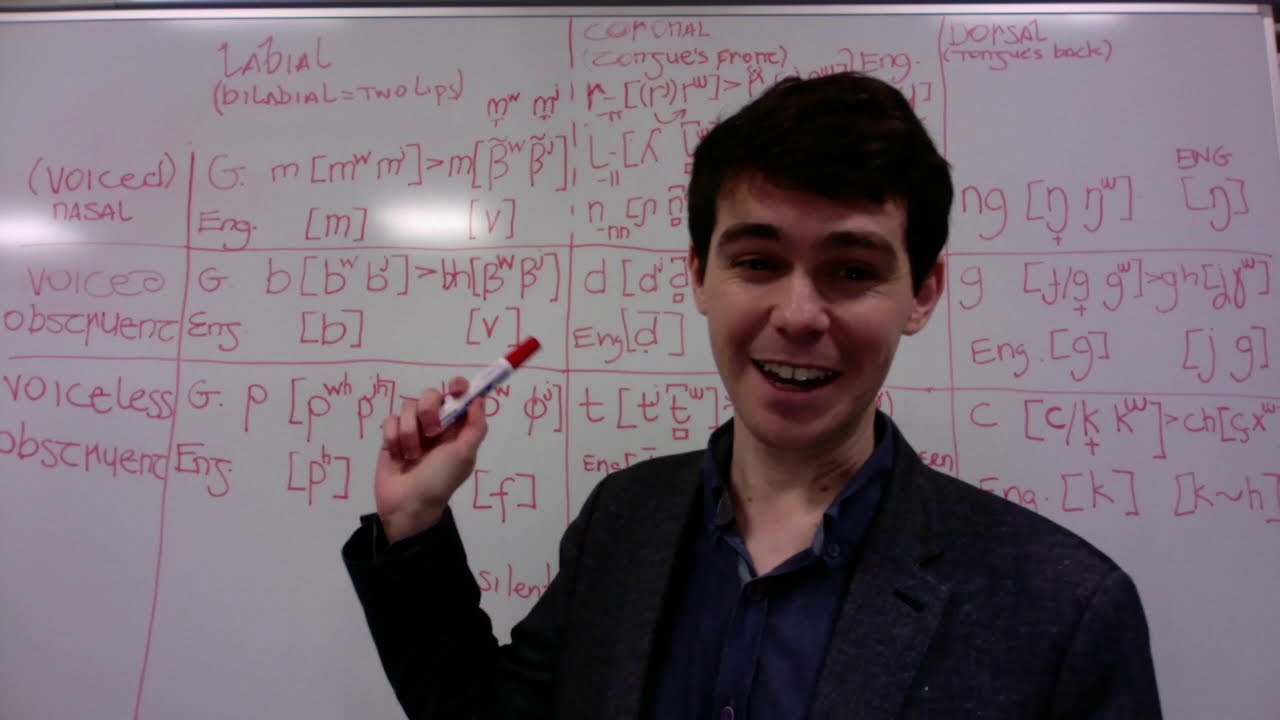Like many Irish people, I left school (not a Gaelscoil - just a regular national school) with almost no ability to converse in my native Irish language (other than a few memorised phrases, songs, poems, prayers), even after 14 years spent studying the language.
A few simple phrases that most Irish people would know are:
*Dia duit (hello), *Sláinte (cheers), *Slán (goodbye)
*An bhfuil cead agam dul go dtí an leithreas más é do thoil é? (Do I have permission to go to the toilet, please?)
Call it a lack of ability, failure of the system, whatever! As a result, correct Irish pronunciation was something I wasn’t even aware of up until a few years ago when I decided to take an interest in relearning the language by myself as an adult. So, I began to ask myself, was correct Irish pronunciation even part of the school curriculum? Did we even learn about Irish phonemes? I have no idea, I can’t remember that long ago!
Does this problem still exist?
If current apps, media and the use of new A.I voice sythesis is anything to go by, it seems that this is an ongoing issue that is yet to be addressed or corrected in any meaningful way. Thus the creation of a pidgin version of Irish is well under way to replace the correct phonemes of the language (as spoken by NATIVE language speakers - not Irish people who think that simply being Irish is enough to qualify them as native speakers)
But, isn’t Duolingo Irish free, fun and easy to use?
Yes it is, and it is also teaching you WRONG IRISH pronunciation, and WRONG IRISH grammatical structures. It has also replaced it’s Native speaking recordings with A.I.
*LingQ along with many others is also currently using the same WRONG Irish A.I and is hopefully working on replacing this behind the scenes, but in the meantime this is sadly adding to the decline of the language.
Does better technology exist? - YES (and it’s all FREE !!)
ABAIR (CORRECT A.I voice synthesis in Irish by dialect)
An Gramadóir: Web Interface (Check your grammar)
Irish Pronunciation Database (online NATIVE pronunciation)
https://www.forvo.com/languages/ga/ (online NATIVE pronunciation)
Séideán Si (NATIVE pronunciation readers)
What can I do?
-
Chose the dialect of interest to you (there are 3):
Munster, Connaught, or Ulster Irish, and focus on finding as many sources as possible related to them - TG4, RnaG, above links, my YT playlist etc…
-
Listen to interviews with native speakers on TG4 and RnaG (Ireland’s national TV and Radio channels dedicated to 100% Irish Gaelic content)
-
Book online classes with a native Irish speaker of your dialect. There are many using facebook groups, in forums, running private or group courses, on iTalki, Discord etc… there are plenty of more official courses too if that’s what you’d prefer -
https://www.oidhreacht.ie (Munster Gaeltacht Courses);
https://colaistenaomheanna.ie/ (Connaught Irish Courses);
https://cgd.ie/ (Ulster Irish Courses)
*** If in doubt, ask the teacher if it is their native language before paying. -
Listen and repeat exercises with Pádraig’s (NATIVE PRONUNCIATION) recordings on LingQ.
-
SPEAK OUT LOUD (and talk to your dog) - as mad as it might sound, this is an excellent practice for your language acquisition, do it regularly, record yourself (video/audio) listen and re-listen to yourself, self-reflect and correct as much as you can.
-
Keep an RnaG (radio) journal to write down new words and expressions you hear. Revisit it, self-correct and share it with other Irish learners regularly
-
Send Irish audio messages to your friends and family (even/especially if they don’t understand you!)
-
Integrate the language as part of your life - Don’t just study it, USE IT!
Can’t I just speak Irish the same way I speak in English ?
‘An Loingseach’ discusses this point at length and explains why (Hiberno) English pronunciations are not the same as Irish pronunciations despite what you might learn in the Irish school system, or what most Irish people will have you believe:
The main offenders:
Some of the most common incorrect pronunciations in Irish Gaelic that you can keep an eye/ear out for:
- BROAD and SLENDER ‘R’ sounds
- An (The)
- Masculine and Feminine Nouns (and activating Lenition/Mutation)
In Conclusion:
A positive and supportive voice can do wonders for boosting a learners confidence and ability in Irish. In many cases, they may already know and understand alot of the language but find it difficult to articulate perhaps due to lack of speaking opportunities. I hope the above article helps to clarify a few areas that can support your practice, pronunciation, and general use of natural sounding Irish.
